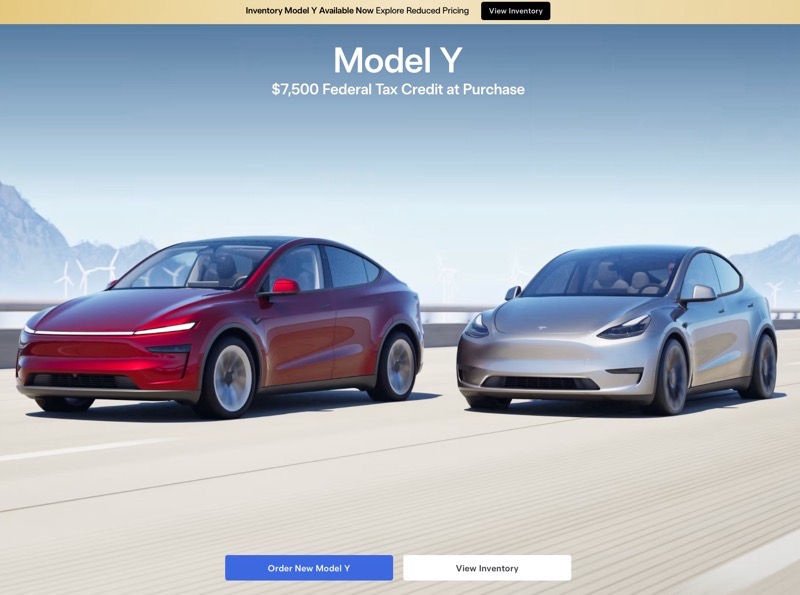Tesla Threatens Legal Action After Canadian Government Freezes $43 Million in EV Rebates
Tesla is in hot water with the Canadian government after more than $43 million in electric vehicle rebate payments were frozen under Canada’s iZEV program. The company has now sent a letter to Transport Canada demanding that payments resume immediately, and threatening legal action if the issue is not resolved promptly.
According to the letter obtained by the Toronto Star through an access to information request, Tesla accuses the government of unfairly cutting off funds with no prior warning. The company claims that it was blindsided by the decision and only learned of the freeze through media coverage.
“Transport Canada knows full well that Tesla Canada has been fully compliant with its participation in the program,” the letter states. Tesla insists that it has followed all the rules of the rebate program and reserves the right to seek appropriate remedies if the issue is not resolved directly with the department.
The rebate program offers buyers up to $5,000 CAD ($3625 USD) off qualifying electric and hybrid vehicles, with dealers fronting the discount and later applying for reimbursement. Tesla filed over 8,600 rebate claims in a single weekend in January, accounting for approximately 60% of the program’s remaining budget before the funds were depleted.
This sudden surge in claims left hundreds of independent dealers across Canada unable to recoup an estimated $10 million CAD that they had already advanced to customers. One of the key issues under review is whether Tesla’s claims followed the rule requiring rebate applications to be submitted before vehicle delivery.
Tesla maintains that its filings were legitimate and in line with previous guidance shared with dealers. The company argues that filing assessments after vehicle delivery is permitted, citing a 2023 Transport Canada webinar and related documents that allowed for backdated claims.
The freeze on payments came shortly after a federal election was called, triggering a “caretaker” period during which departments typically avoid major decisions. Tesla contends that the department should have continued issuing payments as usual during this period.
Transport Canada has not yet responded publicly to Tesla’s claims, leaving the future of the frozen payments uncertain. It remains to be seen whether the issue will be resolved amicably or if legal action will be necessary to release the funds.
In conclusion, Tesla’s dispute with the Canadian government over the frozen EV rebate payments highlights the challenges of implementing incentive programs in the rapidly growing electric vehicle market. The outcome of this conflict will have implications for both Tesla and the future of EV adoption in Canada.

